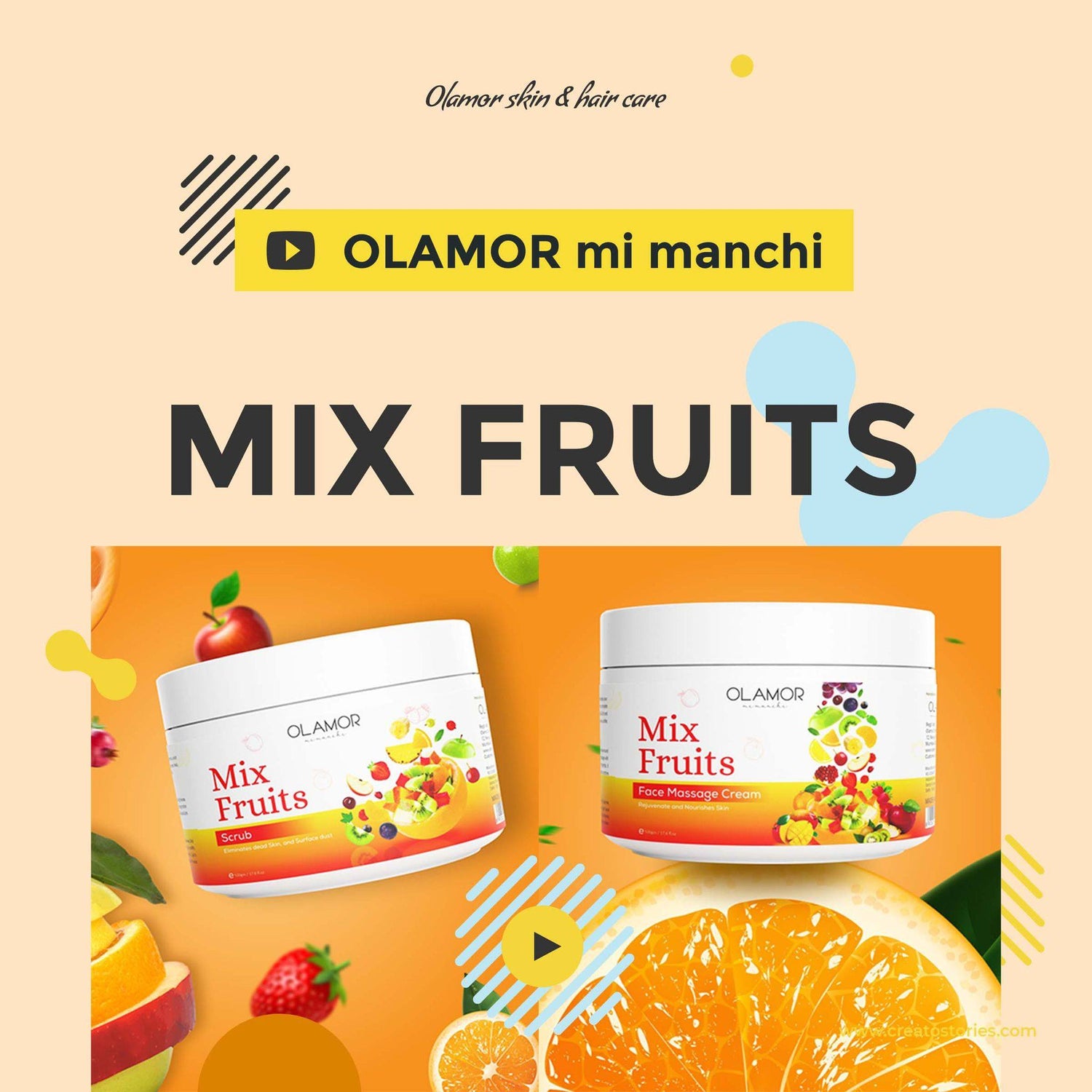Introduction:
Finding the perfect sunscreen can be a daunting task for anyone, but it can be especially challenging for those with oily skin. The wrong product can leave your face feeling greasy, contribute to breakouts, and make you hesitant to apply the much-needed protection. However, sun protection is crucial for preventing skin damage, premature aging, and skin cancer. In this guide, we'll explore how to choose the best sunscreen specifically designed for oily skin. We'll cover what ingredients to look for, the types of formulations that work best, and some top product recommendations to help you maintain a healthy, matte complexion without compromising on sun protection.
What is the purpose of sunscreen?
Preventing Sunburn:
- UVB Protection: Sunscreens protect against UVB rays, which are primarily responsible for causing sunburn. Sunburn is not only painful but also damages the outer layers of the skin, leading to peeling and increased sensitivity.
Reducing the Risk of Skin Cancer:
- Broad-Spectrum Protection:Sunscreens that offer broad-spectrum protection guard against both UVA and UVB rays. UV radiation is a major risk factor for all types of skin cancer, including basal cell carcinoma, squamous cell carcinoma, and melanoma. Regular use of sunscreen helps lower the risk of developing these cancers.
Preventing Premature Aging:
- UVA Protection:UVA rays penetrate deeper into the skin and contribute significantly to premature aging, causing wrinkles, fine lines, and loss of skin elasticity. By blocking UVA rays, sunscreen helps maintain a more youthful appearance.
Preventing Hyperpigmentation and Dark Spots:
- Even Skin Tone: UV exposure can lead to the development of dark spots, hyperpigmentation, and uneven skin tone. Sunscreen helps prevent these issues by protecting the skin from UV-induced pigmentation.
Protecting Against UV-Induced Skin Conditions:
- Sun Sensitivity: Some individuals have skin conditions that are aggravated by sun exposure, such as rosacea and lupus. Sunscreen can help manage these conditions by reducing the skin's exposure to UV rays.
Supporting Overall Skin Health
- Barrier Protection: Sunscreen helps maintain the overall health of the skin by protecting its natural barrier function. This reduces the risk of inflammation, redness, and other signs of irritation.

What Kind of Sunscreen Is Best?
Choosing the best sunscreen involves considering various factors such as your skin type, lifestyle, and specific skin concerns. For those with oily skin, it's essential to opt for oil-free and non-comedogenic formulas to prevent clogged pores and excess shine. Gel-based or water-based sunscreens are lightweight options that won't exacerbate oiliness. Dry skin benefits from hydrating ingredients like hyaluronic acid or ceramides, found in cream-based formulations. Individuals with sensitive skin should prioritize fragrance-free and hypoallergenic options, such as mineral sunscreens with zinc oxide and titanium dioxide. When selecting SPF, aim for at least SPF 30 with broad-spectrum protection to shield against both UVA and UVB rays. Consider the formulation type, with mineral sunscreens offering gentle protection and chemical sunscreens providing a lighter texture. Features like water resistance, non-greasy finishes, and added antioxidants can further enhance your sunscreen experience. Some recommended options include La Roche-Posay Anthelios Clear Skin Dry Touch Sunscreen SPF 60 for oily skin, CeraVe Hydrating Mineral Sunscreen SPF 30 for dry skin, Aveeno Positively Mineral Sensitive Skin Sunscreen SPF 50 for sensitive skin, and Supergoop! Unseen Sunscreen SPF 40 for general use. By tailoring your choice to your specific needs, you can ensure effective and comfortable sun protection for healthier skin.
What type of sunscreen is best?
- Mineral Sunscreens: These sunscreens use natural minerals such as zinc oxide and titanium dioxide as active ingredients to physically block and scatter UV radiation away from the skin. They are often preferred by those with sensitive skin because they tend to be less irritating and offer broad-spectrum protection against both UVA and UVB rays. Mineral sunscreens typically start protecting the skin as soon as they are applied and are less likely to cause allergic reactions. However, they can sometimes leave a white cast on the skin, especially on darker skin tones.
- Chemical Sunscreens: Chemical sunscreens contain organic (carbon-based) compounds such as avobenzone, octinoxate, and oxybenzone. These ingredients absorb ultraviolet (UV) radiation and transform it into heat, which is subsequently emitted from the skin. Chemical sunscreens are often preferred for their lightweight texture and transparent finish, making them suitable for daily use and easy to apply under makeup. They may offer broader protection against certain types of UV radiation but can be more likely to cause skin irritation, especially in individuals with sensitive skin. Additionally, chemical sunscreens typically require around 15-20 minutes to fully absorb into the skin before they become effective.

How to Choose the Best Sunscreen for Oily Skins:
Look for "Oil-Free" and "Non-Comedogenic" Labels
- Oil-Free: Sunscreens labeled "oil-free" are less likely to add extra oil to your skin. Non-Comedogenic: This indicates the product is formulated to not clog pores, reducing the risk of breakouts.
Choose Matte or Matte-Finish Sunscreens:
- Matte Finish: Sunscreens that offer a matte finish can help reduce the shine and greasy look that often comes with oily skin.
Consider Mineral (Physical) Sunscreens:
- Zinc Oxide and Titanium Dioxide: These ingredients are found in physical sunscreens and are less likely to cause breakouts compared to some chemical sunscreens. They also provide broad-spectrum protection.
SPF and Broad-Spectrum Protection:
- SPF 30 or Higher: Ensure the sunscreen has an SPF of at least 30 for effective protection.
- Broad-Spectrum: This protects against both UVA and UVB rays, preventing sunburn and skin damage.
Additional Ingredients for Oily Skin:
- Silica: Absorbs excess oil and reduces shine.
- Niacinamide: Helps regulate oil production and has anti-inflammatory properties.
- Salicylic Acid: Helps with oil control and can prevent acne.
Consider Your Daily Routine:
- Compatibility with Makeup: If you wear makeup, choose a sunscreen that layers well under it.
- Ease of Reapplication: Sunscreens that are easy to reapply, such as powders or setting sprays with SPF, can be convenient for oily skin.

Conclusion:
Choosing the best sunscreen for oily skin is crucial for maintaining skin health and preventing sun damage. By selecting oil-free, non-comedogenic formulas with matte finishes and broad-spectrum protection, individuals with oily skin can enjoy effective sun protection without exacerbating oiliness or risking breakouts. Incorporating ingredients like silica, niacinamide, and salicylic acid can further help regulate oil production and promote clear, healthy skin. With careful consideration of personal preferences and skin needs, finding the perfect sunscreen can become a seamless part of your skincare routine.
FAQs:
- Can oily skin benefit from sunscreen?
Yes, absolutely! Sunscreen is vital for all skin types, including oily skin, as it plays a crucial role in shielding against sun damage and premature aging.
- Will sunscreen make oily skin even oilier?
Not necessarily. By choosing oil-free, non-comedogenic formulas with matte finishes, you can enjoy sun protection without exacerbating oiliness.
- How frequently should sunscreen be reapplied on oily skin?
It's recommended to reapply sunscreen every 2 hours, especially if you're sweating or swimming. Look for convenient reapplication options like powders or setting sprays with SPF.
- Can I use sunscreen under makeup?
Yes, sunscreen can be applied under makeup. Look for lightweight formulas that layer well and won't interfere with makeup application.







